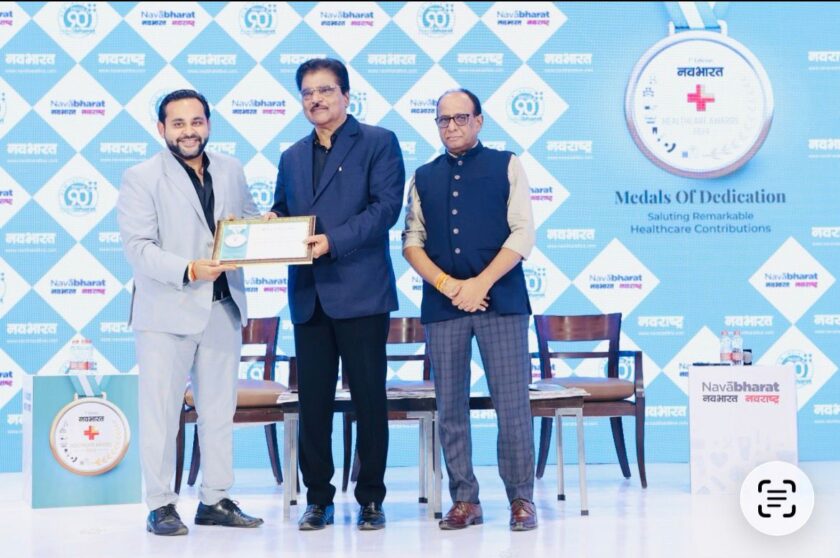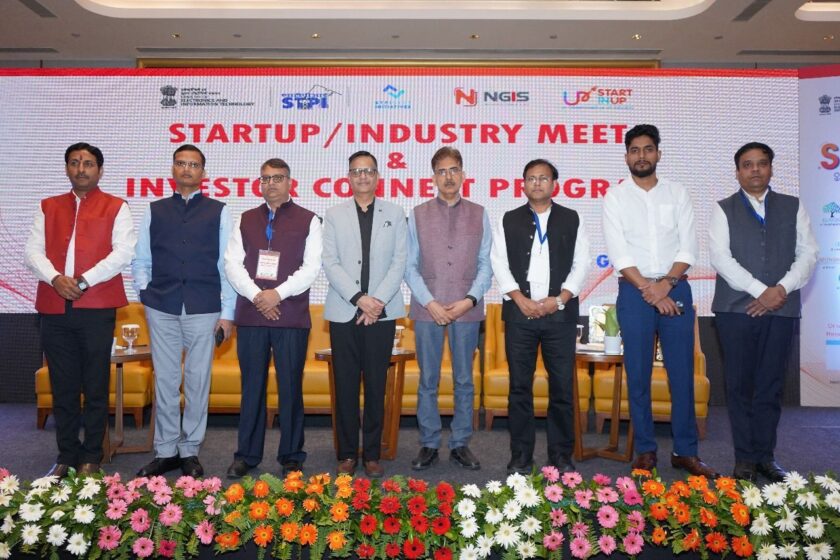Lucknow – Uttar Pradesh (UP), India’s agricultural powerhouse, is rapidly emerging as a frontrunner in the nation’s agri-tech revolution, leveraging technology, policy reforms, and international collaborations to transform its farming landscape. With a 20% contribution to India’s agricultural output despite possessing only 11% of the country’s cultivable land, UP is harnessing innovation to boost productivity, enhance farmer incomes, and ensure sustainable growth.
Government’s Vision and Initiatives
Chief Minister Yogi Adityanath has been a vocal advocate for integrating technology into agriculture, emphasizing its potential to triple food production. Speaking at the Krishi Bharat-2024 event in November 2024, he stated, “UP can increase its food output threefold if technology is adopted. We must reduce agricultural costs, adopt modern technology, and connect agriculture with entrepreneurship.”
The state government’s UP-AGREES (Uttar Pradesh Agriculture Growth and Rural Enterprise Ecosystem Strengthening) project, backed by a ₹3,903 crore collaboration with the World Bank, aims to create a digital agriculture platform. This platform will provide farmers with real-time insights to optimize resources and boost productivity. Chief Secretary Manoj Kumar Singh remarked, “Farmers of Uttar Pradesh can achieve great things if given exposure to the best national and international practices.”
The Agri Stack initiative, extended until March 31, 2025, is another cornerstone, enabling farmer registration for digital access to subsidies and schemes. “This campaign ensures farmers are connected to digital infrastructure, enhancing their access to resources,” said a senior official from the UP Agriculture Department.
Innovations and Investments
UP’s adoption of AgriVoltaic farming, making it the first Indian state to do so, is a game-changer. Approved by the Ministry of Finance, this pilot project allows simultaneous agriculture and solar power generation on the same land, maximizing resource efficiency. “This is a revolutionary step for sustainable farming,” noted an official from the UP Renewable Energy Department.
The state is also establishing high-tech nurseries across 73 districts, with 36 already operational. These nurseries produce healthy plants under controlled conditions, boosting yields for fruits and vegetables. “These facilities ensure disease-free plants, directly impacting productivity,” said Dr. R.K. Singh, Director of the UP Horticulture Department.
International investments are further propelling UP’s agri-tech ambitions. The UAE royal family’s ₹4,000 crore investment in Unnao to develop a fish farming hub is set to create jobs and boost aquaculture. “This investment will make Unnao a global hub for fish farming,” said a spokesperson from the UP Fisheries Department. Additionally, MoUs with the Netherlands, signed in 2024, are fostering government-to-government and business-to-business collaborations for sustainable agricultural technologies.
Startups and Research Driving Change
UP’s agri-tech ecosystem is thriving, with startups like AgWise, which has scaled to 20,000 farmers across states including UP, offering AI-based drip irrigation systems. Varun Prabhakar, AgWise’s agritech head, shared, “Our 54% sign-up rate reflects farmers’ trust in AI-driven solutions.”

Research institutions are also playing a pivotal role. The International Rice Research Institute’s South Asia Regional Centre (IRRI-ISARC) in Varanasi hosted a NABARD delegation in December 2024 to explore advanced agricultural technologies. NABARD GM Vinod Kumar emphasized, “Collaborations with IRRI will equip our team to disseminate scientific knowledge to farmers.” The newly established Mahatma Buddh Agriculture & Technology University in Kushinagar, with a ₹435 crore campus, is set to drive innovation in eastern UP.
Farmer-Centric Policies
The state’s focus on farmer welfare is evident in initiatives like the distribution of Soil Health Cards to 12,000 farmers, enabling scientific farming with optimized fertilizer use. “Accurate inputs lead to better yields and reduced costs,” said a UP Agriculture Department official. The One District One Product (ODOP) scheme promotes GI-tagged products, enhancing market access for artisans and farmers. UP accounts for 29% of India’s artisans, and its handloom industry produces 15% of the nation’s fabric.
Challenges and the Road Ahead
Despite these strides, challenges remain. The MSME sector, critical to UP’s agro-based industries, faces hurdles like limited credit access and infrastructure gaps. The NABARD State Focus Paper projects a 175.82% increase in credit potential for MSMEs to ₹2,91,690.72 crore in 2024-25, signaling robust growth but also the need for streamlined financing.
Experts urge sustained investment in rural infrastructure and digital literacy to ensure technology adoption reaches smallholder farmers. “The potential is immense, but bridging the digital divide is key,” said Dr. Anil Kumar, an agri-tech consultant based in Lucknow.
With a blend of visionary leadership, cutting-edge technology, and strategic partnerships, Uttar Pradesh is well-positioned to lead India’s agri-tech revolution. By empowering farmers with tools, knowledge, and market access, the state is sowing the seeds for a prosperous, sustainable future. As Chief Minister Yogi Adityanath declared, “UP will be established as a prosperous state by eradicating poverty and advancing agriculture.”









